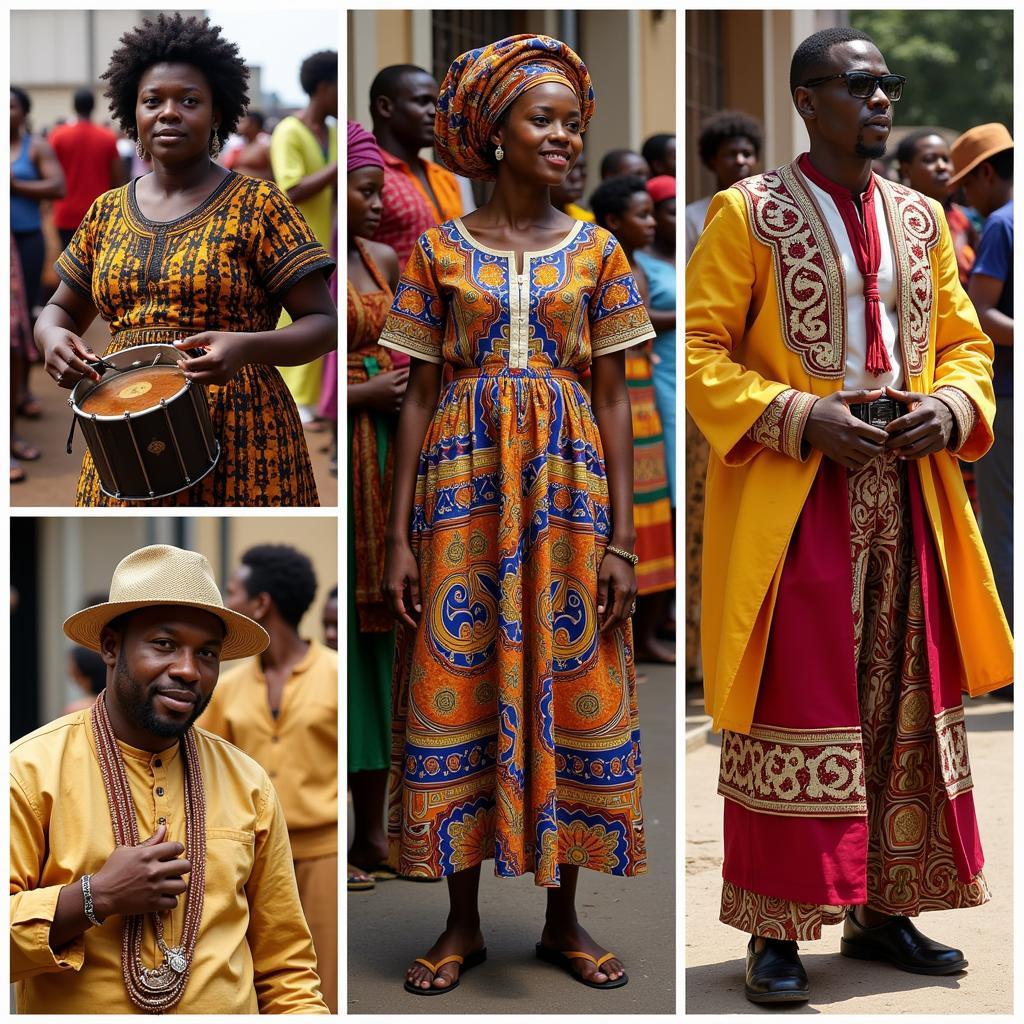Pioneering Spirits: The Vital Role of African Biologists
Africa, a continent brimming with unparalleled biodiversity, faces unique ecological challenges and opportunities. At the forefront of understanding and addressing these are African Biologists, whose research is crucial for the continent’s sustainable future. These dedicated scientists work tirelessly, often with limited resources, to study, conserve, and manage Africa’s rich natural heritage.
From the savannas teeming with wildlife to the vibrant coral reefs, African biologists are making groundbreaking discoveries. Their work spans diverse fields, including conservation biology, genetics, ecology, and zoology. They delve into the intricate workings of ecosystems, unravel the mysteries of endangered species, and develop innovative solutions for human-wildlife coexistence.
Unveiling Africa’s Biodiversity: A Legacy of Discovery
The contributions of African biologists are far-reaching, extending beyond the continent itself. Their research on migratory birds, for instance, helps illuminate ecological connections across continents. Studies on primate behavior shed light on human evolution. The discovery of new plant species with medicinal properties holds promise for global health advancements.
One organization at the forefront of elephant conservation is the African Elephant Specialist Group. Their research and efforts play a crucial role in protecting these majestic creatures.
Overcoming Challenges, Shaping the Future
Despite their crucial role, African biologists often face significant challenges. Limited funding, inadequate research infrastructure, and the brain drain of skilled professionals to other continents hinder their progress. Yet, their passion for their work and dedication to their continent remain unwavering.
Many African biologists are actively involved in community outreach programs. They understand that conservation efforts are most effective when local communities are engaged and empowered. By sharing their knowledge and collaborating with local people, they are fostering a sense of ownership and responsibility towards the environment.
Celebrating African Biologists: Guardians of Biodiversity
The work of African biologists is crucial for informing conservation policies and ensuring the sustainable management of natural resources. Their research provides valuable data that guides decision-making processes, from establishing protected areas to mitigating human-wildlife conflict.
African herpetology, the study of reptiles and amphibians, is another critical area of research. The African Journal of Herpetology serves as a platform for sharing important findings in this field.
Looking Ahead: Nurturing the Next Generation
Investing in the education and training of aspiring African biologists is paramount. By providing access to quality education, mentorship programs, and research opportunities, we can empower the next generation to carry the torch of conservation forward.
The African Journal of Microbiology Research ISSN showcases the expanding frontiers of biological research on the continent, highlighting the importance of supporting diverse scientific disciplines.
Conclusion: Champions of a Sustainable Future
African biologists are not just scientists; they are storytellers, educators, and advocates for the natural world. Their unwavering commitment to unraveling the mysteries of Africa’s biodiversity is vital for securing a sustainable future for generations to come. By supporting their endeavors, we contribute to the preservation of a continent renowned for its natural wonders.
Understanding the intricate parental care strategies of birds like the African jacana provides valuable insights into the diversity of life histories on the continent.
Let us celebrate the groundbreaking work of African biologists and continue to support their essential role in safeguarding our planet’s biodiversity.

